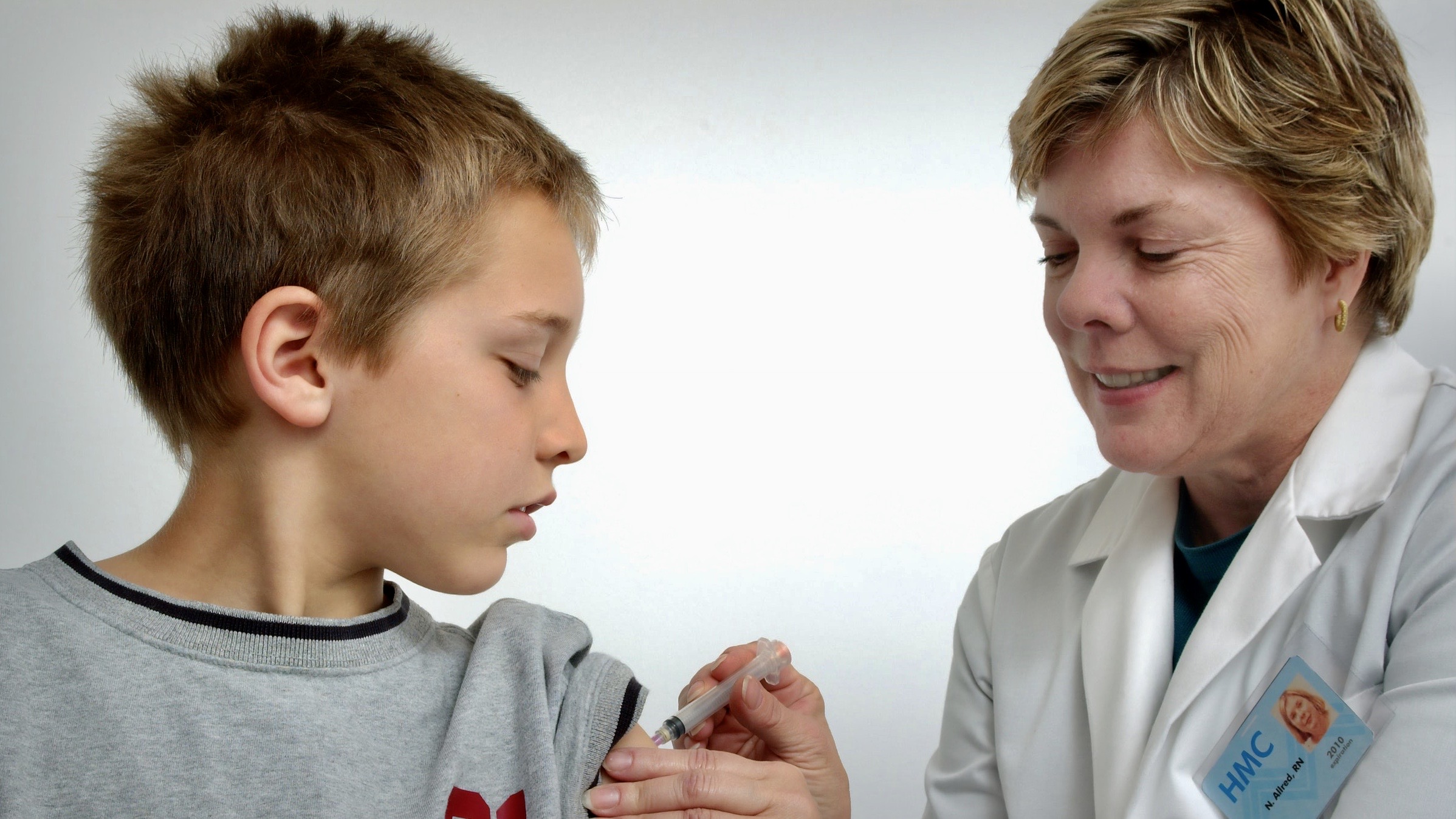By AdventHealth — She grew up in the country living a vegetarian lifestyle and only rarely eating meat. As a substitute, she ate a lot of cheese, eggs and processed foods. Shortly after getting married, however, she started having health issues that eventually escalated with her first pregnancy.
“At the 27-week mark in the pregnancy, the doctor ordered a glucose tolerance test. I failed the test quite significantly,” said Karene Bejarano, a registered nurse who works for a west coast hospital. “They told me I had gestational diabetes and I was going to have to see an endocrinologist and do food counseling. They said, ‘But don’t worry; it will go away. You’ll just have to be careful. If you exercise and keep yourself healthy, you’ll be just fine.’”
But after giving birth, Bejarano experienced terrible muscle weakness, intermittent blurred vision and high blood sugar levels, leading to a diagnosis of Type 1 diabetes.
“It was very disheartening, and I went through a lot of denial,” she said. “I was truly grieving a loss. I was losing my health, which is part of what all of us have the right to enjoy in life.”
Bejarano is one of six individuals who share their health transformation stories in the recently released film “PlantWise.” In the documentary, the six showcase their struggles with debilitating health conditions often caused by unhealthy food choices.
The turning point for each of them is the decision to change what they put on their plate by embracing a whole-food, plant-based diet. For Bejarano, while she couldn’t completely eliminate her medication for Type 1 diabetes (an irreversible condition), her improved lifestyle allowed her to lower the amount she needed to take.
“When I made the switch to a whole-food, plant-based lifestyle, I started experiencing significant changes rather quickly,” Bejarano recounted. “Within six months, I had lost 40 pounds. My doctor said my blood pressure was quite low and that they were going to take me off my blood pressure medication. My cholesterol was dropping too, so he said I wouldn’t need my cholesterol medication anymore. In fact, I was able to get off the majority of my medications.”
Nearly half of all Americans suffer from at least one chronic disease, which is responsible for 1.7 million deaths every year, according to a study published in the International Journal of Environmental Research and Public Health. National lifestyle medicine experts believe that exposing the results of unhealthy food choices and revealing the benefits of a whole-food, plant-based lifestyle could significantly help to slow this trend.
“A plant-based diet is the best diet available for humans. When minimally processed plant food is consumed, it can be incredibly health-promoting and even therapeutic, to the point of reversing disease,” noted George Guthrie, MD, MPH, a lifestyle medicine physician at AdventHealth who is also the author of “Eat Plants, Feel Whole,” a health transformation book. “The average American is deficient in potassium, magnesium and fiber. Those eating a whole-food, plant-based diet do not have this problem.”
“I thought I was free, but I didn’t really understand what freedom was until I changed my lifestyle,” she said.
Bejarano recalled how adopting this healthy eating approach made her feel so much more alive.
“I thought I was free, but I didn’t really understand what freedom was until I changed my lifestyle,” she said. “You have more energy, you’re more vibrant and you’re happier. When you really decide you’re going to change your lifestyle and you stand firm with that decision, it radically changes your life for the better, and you’ll never want to go back.”
The film “PlantWise” stems from AdventHealth’s desire to explore using documentary films in inpatient and outpatient settings as a catalyst to inspire patients to make lifestyle changes. It is a powerful motivational tool that can give viewers a new vision and fresh hope for their condition, and help them experience vibrant wellness through embracing a healthy lifestyle.
Speaking on the vision of the film, Todd Chobotar, editor-in-chief at AdventHealth Press and executive producer of “PlantWise,” said the film was created not only to share transformative patient stories, but also detail solutions to chronic health conditions and support physician-patient engagement.
“It is our hope that ‘PlantWise’ will positively impact people’s health when it is viewed by many audiences across the globe, including health care employees, inpatients, outpatients, medical providers, consumers, churches and other community organizations,” Chobotar noted.
“PlantWise” is a 48-minute film with subtitles available in 18 languages. Sponsored by AdventHealth, Ardmore Institute of Health, American College of Lifestyle Medicine and EatingYouAlive.org, the film features 18 leading lifestyle medicine experts from 14 specialties and disciplines.
Hans Diehl, DHSc, MPH, founder of CHIP (Complete Health Improvement Program), calls “PlantWise” “the best plant-based film out there.” And T. Colin Campbell, PhD, co-author of “The China Study,” said it’s “inspiring and meaningful. Exactly what people should see!”
To view the film as well as additional resources for free, visit PlantWiseFilm.com.
–Photo supplied.
This article was originally published on the AdventHealth website









